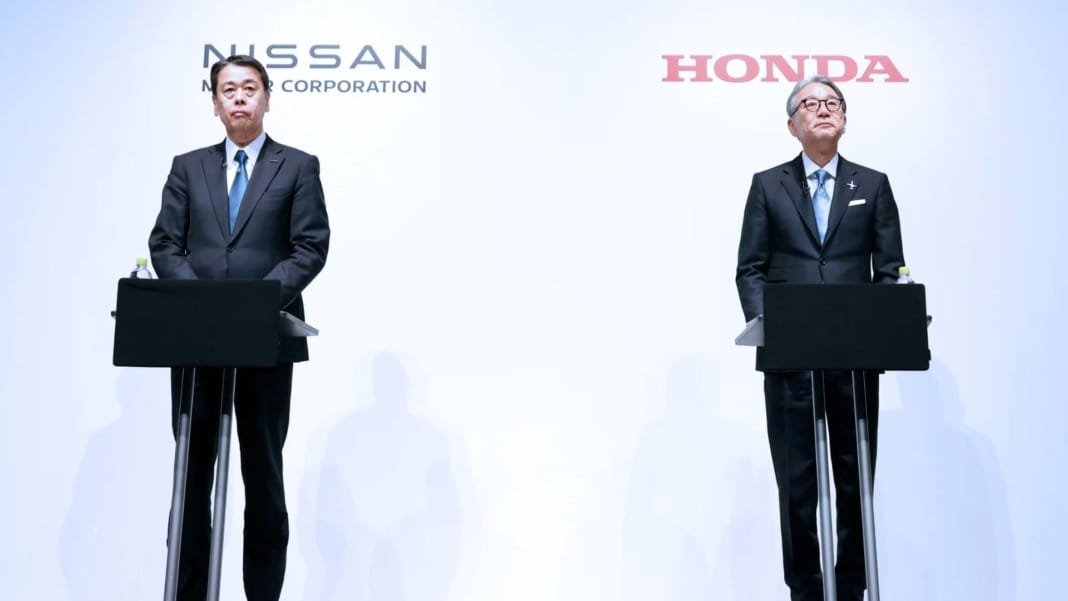Japanese car manufacturers Honda and Nissan are exploring a potential merger to strengthen their position in the competitive electric vehicle (EV) market. The talks aim to create a new holding company where both automakers would share equity and resources, enabling them to tackle challenges from global EV leaders like Tesla and BYD. According to a report by Nikkei Asia, the companies are also considering including Mitsubishi in this partnership to build a robust alliance.
Joining forces in a changing market
The merger discussions stem from the increasing pressures of the EV market, which has seen Japanese brands lose market share to competitors, particularly from China. Honda and Nissan have been collaborating on EV technology and software, and Mitsubishi has also been invited to participate in these efforts. This potential partnership mirrors earlier strategies by Japanese electronics companies like JVCKenwood and Konica Minolta, who united to stay competitive in their industries.
While Honda remains relatively stable, Nissan’s financial struggles are a major factor driving these talks. Reuters reports that Nissan’s net earnings plunged by more than 90% in mid-2024 compared to the previous year, forcing the company to cut its annual profit forecast by nearly 70%. Without intervention, Nissan may face significant challenges in the coming year.
In a joint statement to Reuters, both Honda and Nissan commented:
“As announced in March of this year, Honda and Nissan are exploring various possibilities for future collaboration, leveraging each other’s strengths.”
Global competition and the push for EVs
The EV market is growing globally, but Japanese automakers need help to keep pace with Chinese brands that dominate East and Southeast Asia. Manufacturers like Honda, Nissan, and Toyota have focused more on hybrids than fully electric vehicles, which may have slowed their progress in the rapidly advancing EV sector.
Honda is preparing to launch its new Honda Zero EV platform next year and has seen moderate success in the US market with its GM-based electric Prologue SUV. Nissan, once a pioneer with its 2011 Leaf, has released only one other EV model, the Ariya.
Looking ahead, both companies are expanding their “electrified” line-ups, which include hybrids and full EVs. Honda plans to introduce a hybrid Prelude sports coupe next year, while Nissan aims to offer 16 electrified models by 2026.
An uncertain but promising future
If Honda and Nissan successfully merge, the new alliance could give them the scale and resources needed to compete more effectively in the fast-evolving EV landscape. The trio could create a powerful partnership to challenge their rivals and recover lost ground by bringing Mitsubishi into the fold.
With Honda’s strong platform developments and Nissan’s experience in the EV market, this potential merger could redefine the future of Japanese automakers in the global automotive industry.





